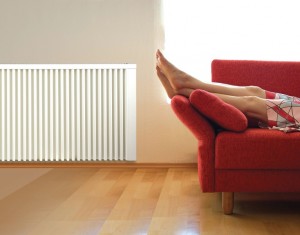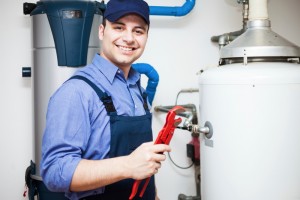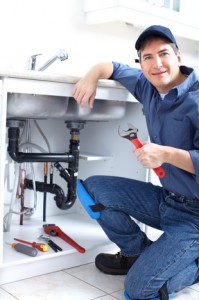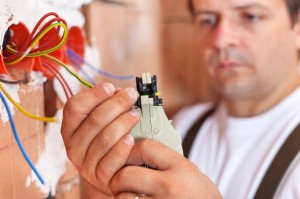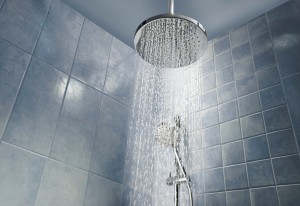 CEDAR FALLS, Iowa (Jan. 18, 2017) – Dalton Plumbing, Heating & Cooling has added electrical services to its repertoire and changed its name to Dalton Plumbing, Heating, Cooling, Electric & Fireplaces to reflect its new “onestop-shop” approach to home comfort.
CEDAR FALLS, Iowa (Jan. 18, 2017) – Dalton Plumbing, Heating & Cooling has added electrical services to its repertoire and changed its name to Dalton Plumbing, Heating, Cooling, Electric & Fireplaces to reflect its new “onestop-shop” approach to home comfort.
As of Jan. 18, the locally-owned firm, which specializes in servicing residential, as well as commercial, customers in a 30-mile radius around Waterloo-Cedar Falls, launched a comprehensive suite of electrical services.
Joe Boyle, who founded his own electrical services firm in Cedar Falls since 2001, has folded the company into Dalton to head up its new department.
Boyle, a Waterloo native, also comes to Dalton from Cedar Rapids-based Point Builders LLC, for which he was project superintendent. He also was with Halvorson Trane in Cedar Rapids, where he was a building automation systems technician and project foreman. Since 2001, Boyle has owned Liberty Electric, a commercial and residential electrical contractor business in Cedar Falls.
“Joe’s got a vast amount of experience, too, with automated systems; he’s been in the heating, venting and airconditioning business; he ran projects for a contractor here in Cedar Falls, so he’s used to scheduling and managing jobs,” said Dave Krejchi, owner of Dalton Plumbing, Heating, Cooling, Electric & Fireplaces.
Dalton’s expansion of services is a value-added proposition for customers, Krejchi said.
“This helps us take better care of our customers by keeping our electrical services in-house – to do a better job of getting the job done directly in a timely manner with our own staff,” Krejchi said.
Dalton Plumbing, Heating, Cooling, Electric & Fireplaces, which is located in the Cedar Falls Industrial Park, now can answer the three most basic needs of all residential and consumer customers, Krejchi said.
“The biggest thing is to be able to do maintenance on a whole home,” he said. “The three things that go wrong is plumbing, heating/cooling and electrical, and now we’ll be a full one-stop shop.”
Now, Dalton can examine all home systems to ensure each is running properly.
Boyle’s department will have full access to all other Dalton technicians.
“His staff is my staff – dispatchers, accounting, you name it,” Krejchi said. “We have a team of people here to help our customers. We’ll be doing installations and updating and, then, do service work.”
Commercial and residential customers will love Dalton’s expanded repertoire of services, Boyle said.
“Customer service is always what it’s about, and Dave already had a good, established company with an excellent reputation,” Boyle said. “We’ll supply any needs the customer has with this diversification.”
For years, Dalton has operated comprehensive apprenticeships in all its service areas, and the company will add an electrical apprenticeship program, Krejchi said.
The result is that customers can get quick, expert service, no matter what the issue may be.
“You may have a bad outlet or need to upgrade a lighting system, or you may want to switch to more energyefficient lighting, run outdoor lighting, maybe upgrade your electrical service, or you may have 100-amp service and need 200-amp service,” Krejchi said. “Maybe you want to go from fuses to circuit breakers. Electrical is a whole other field, and we now can take care of that for you in-house.”
Dalton also offers emergency services 24 hours a day, as it has since Chuck Dalton started the firm in 1959.
Dalton’s services include a 100% satisfaction guarantee and financing options.
To reach Dalton Plumbing, Heating, Cooling, Electric & Fireplaces, call (319) 266–3513. More information is at www.daltonphc.com.
Continue Reading
Posted in Cedar Falls Blog, Community Involvement | Comments Off on Dalton Plumbing, Heating, Cooling, Electric & Fireplaces: New name, more services


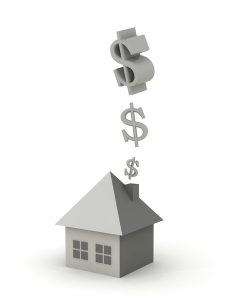 As cooler weather slowly but surely warms up, we’re almost ready to shut off our heating systems and turn to our air conditioners to keep us comfortable instead. With all this HVAC use throughout the year, it’s only natural that you want to find ways to save money—particularly since your HVAC systems account for about half of all your energy costs!
As cooler weather slowly but surely warms up, we’re almost ready to shut off our heating systems and turn to our air conditioners to keep us comfortable instead. With all this HVAC use throughout the year, it’s only natural that you want to find ways to save money—particularly since your HVAC systems account for about half of all your energy costs!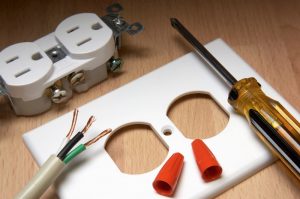 With springtime here and the subsequent warmer weather following, many homeowners are considering renovation and remodeling projects for 2017. There are many household projects that make great “do-it-yourself” endeavors, however, we of course highly recommend against this if any electrical work is involved. One of the
With springtime here and the subsequent warmer weather following, many homeowners are considering renovation and remodeling projects for 2017. There are many household projects that make great “do-it-yourself” endeavors, however, we of course highly recommend against this if any electrical work is involved. One of the 